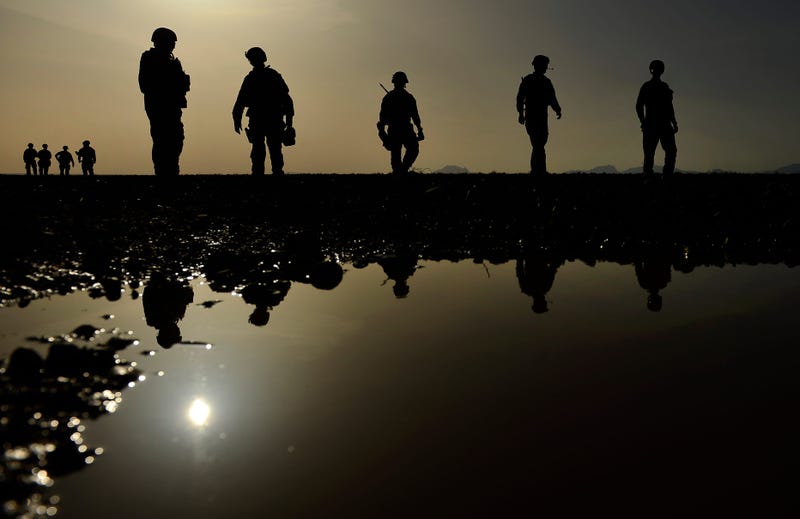
Initially following the Jan. 8 Iranian missile strike on installations housing U.S. personnel in Iraq, the president and military officials communicated that no service members had been harmed.
“I’m pleased to inform you the American people should be extremely grateful and happy. No Americans were harmed in last night’s attack by the Iranian regime,” President Donald Trump said the day of the attack.
Trump says he didn't mention injuries of US troops because they weren't 'serious'
During the following weeks, however, updates of the situation in Iraq revealed that 8 U.S. service members were being treated for concussive symptoms. Then 11 more injuries were reported. On Friday, the Pentagon announced that 34 service members had been diagnosed with concussions or traumatic brain injuries (TBIs).
34 US troops diagnosed with concussions, TBIs from Iran missile strike, Pentagon says
Now, Secretary of Defense Mark Esper has requested a review of the processes in place used to track and report injuries.
"This morning, the secretary directed the acting undersecretary for personnel and readiness, Matt Donovan, to begin working with the Joint Staff to review our processes for tracking and reporting injuries, wounded in action and casualties attributed to injuries," said Assistant to the Secretary of Defense Jonathan Hoffman. "The goal is to be as transparent, accurate and to provide the American people and our service members with the best information about the tremendous sacrifices our warfighters make. We will have an update on this review in the future."
The VFW wants Trump to apologize for what he said about TBI injuries
While the review is not limited to the scope of TBIs, Hoffman offered that the situation in Iraq was a contributing factor to the call for a review.
"The reporting as to symptoms versus diagnosis and things like that seemed to — that we needed to have more clarity," Hoffman said. "And so the secretary's direction is focused on the fact that, if you look at the different types of reporting systems we have, sometimes the administrative reporting of an injury is different than the medical reporting...We need to get that clarified, we need to get a little better handle on it."
"He wants to make sure that we are tracking it because the commanders on the ground need to know what's happening, the American people need to know. And we need to be as transparent as possible on this," Hoffman added.
Hoffman also communicated that the number of injuries may change as symptoms arise and service members are screened. The delayed onset of symptoms means TBI diagnoses could continue to be reported.
Trump defended his original reporting of 0 injuries by saying that the injuries to U.S. service members were not "serious." Veterans of Foreign Wars has since released a statement saying they expect an apology from the president regarding his statement.
The VFW wants Trump to apologize for what he said about TBI injuries
"The VFW expects an apology from the president to our service men and women for his misguided remarks," the statement from VFW National Commander William Schmitz reads. "And we ask that he and the White House join with us in our efforts to educate Americans of the dangers TBI has on these heroes as they protect our great nation in these trying times. Our warriors require our full support more than ever in this challenging environment."
—
